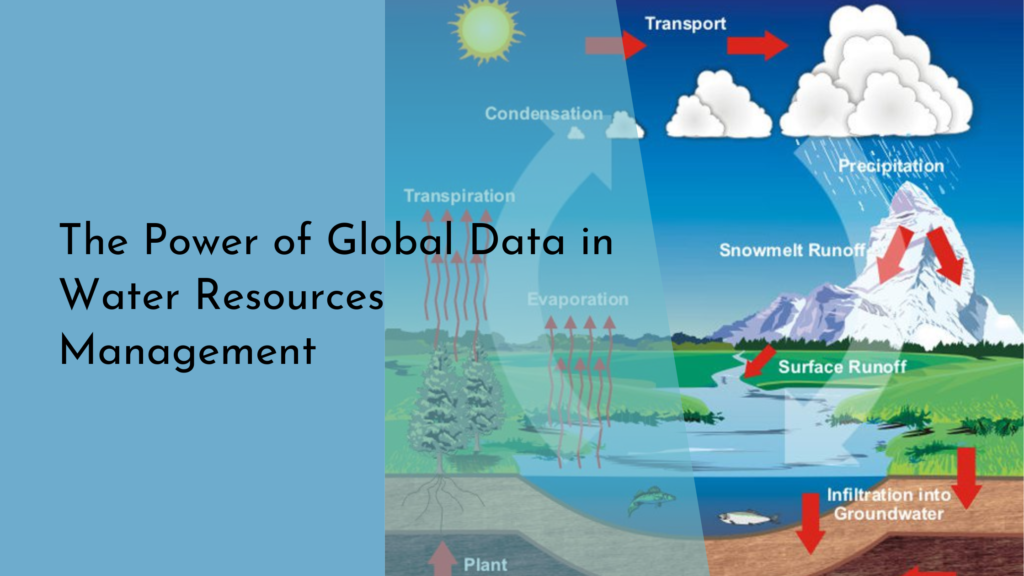Climate Change and Human Health: Risks and Responses
Climate change is an undeniable reality, and its impacts extend far beyond melting ice caps and rising sea levels. It poses significant risks to human health, with potential repercussions for communities worldwide. Understanding these risks and strategizing responses is crucial as we navigate this evolving challenge. In this article, we’ll explore the relationship between climate change and health, identify key health risks, and discuss strategies and collaborations necessary for mitigating these impacts.
Understanding Climate Change and Its Health Impact
Climate change refers to long-term alterations in temperature, precipitation patterns, and other atmospheric conditions, primarily driven by human activity, such as burning fossil fuels and deforestation. These changes have been linked to a host of environmental shifts, including more frequent and severe weather events like hurricanes, droughts, and heatwaves. While these phenomena directly impact ecosystems, they also have profound implications for human health, necessitating a thorough understanding of the interconnectedness between climate and health.
The health impacts of climate change are diverse, ranging from direct effects, such as injuries from extreme weather events, to indirect consequences, like the spread of vector-borne diseases. For instance, higher temperatures can expand the habitat of mosquitoes, increasing the incidence of diseases such as malaria and dengue fever. Additionally, the stress on food and water supplies can lead to malnutrition and waterborne illnesses. By recognizing these impacts, we can better prepare and adapt our health systems to protect vulnerable populations.
Key Health Risks from a Changing Climate
One of the most pressing health risks associated with climate change is the increase in heat-related illnesses and fatalities. Prolonged heatwaves can lead to heat exhaustion, heatstroke, and exacerbation of chronic conditions such as cardiovascular and respiratory diseases. Vulnerable groups, including the elderly, children, and those with pre-existing health conditions, are particularly at risk. As global temperatures continue to rise, the frequency and intensity of heatwaves are expected to increase, underscoring the urgent need for effective heat-health action plans.
Moreover, climate change is altering the distribution and prevalence of infectious diseases. Warmer temperatures and changing precipitation patterns can affect the lifecycle and spread of vectors like mosquitoes and ticks, leading to a rise in diseases such as Zika, Lyme disease, and West Nile virus. These shifting patterns challenge existing public health surveillance and response systems, necessitating enhanced monitoring and adaptation strategies to prevent outbreaks and protect public health.
Strategies for Mitigating Health Risks
Adapting to the health impacts of climate change requires a multifaceted approach that includes improving public health infrastructure and resilience. Enhanced surveillance systems can provide early warnings and facilitate prompt responses to health threats. Moreover, integrating climate considerations into health policies and planning can help communities prepare for and mitigate the health risks associated with climate change, such as by improving urban planning and building climate-resilient healthcare facilities.
Public education and community engagement are also vital components of effective mitigation strategies. By raising awareness of climate-related health risks and promoting adaptive behaviors, individuals can be empowered to protect themselves and their communities. Simple actions, such as staying hydrated during heatwaves or using mosquito nets, can significantly reduce health risks. Additionally, fostering community-based initiatives can bolster local resilience, as communities work together to develop and implement tailored strategies to address their unique climate-related challenges.
Collaborative Responses to Climate Challenges
Addressing the health impacts of climate change requires collaborative efforts at local, national, and international levels. Governments, healthcare providers, researchers, and communities must work together to develop comprehensive policies and action plans. International organizations, like the World Health Organization, play a crucial role in facilitating collaboration and sharing knowledge and resources, ensuring that best practices and innovations in climate adaptation and health are accessible worldwide.
In addition to governmental and institutional collaboration, partnerships with non-governmental organizations and the private sector can enhance the capacity to respond effectively to climate challenges. These partnerships can drive innovation in health technologies, improve resource allocation, and foster initiatives that build community resilience. By leveraging diverse expertise and resources, collaborative efforts can accelerate progress and ensure more robust and equitable responses to the health impacts of climate change.
Climate change presents significant challenges, yet it also offers opportunities for innovation and collaboration in protecting human health. By understanding the health risks and implementing targeted strategies, we can mitigate the impacts and build more resilient communities. As we move forward, fostering collaboration across sectors will be vital to developing cohesive responses that safeguard public health in the face of a changing climate. Through proactive engagement and shared responsibility, we can turn the tide and ensure a healthier future for all.

